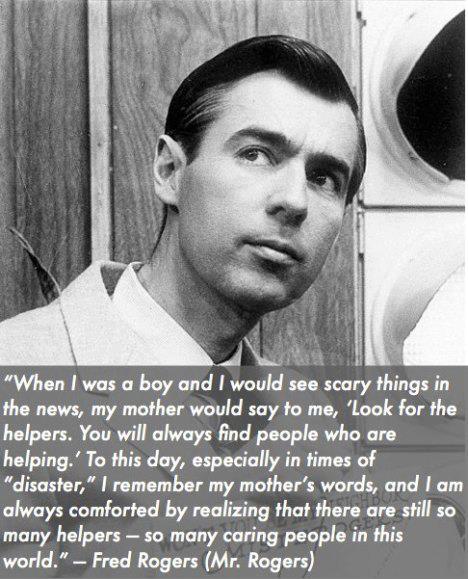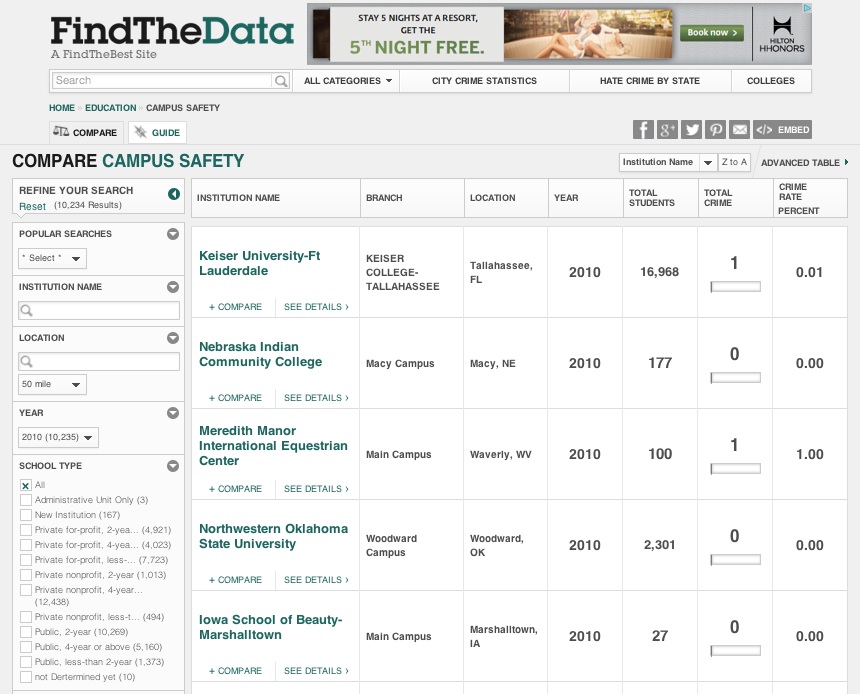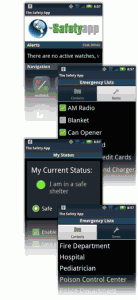Parents all across the country watched and listened as the reports of explosions at the Boston Marathon began to flood the media. Since yesterday was a holiday in Boston, and for the colleges, students often attend the Red Sox game and/or the Boston Marathon. Almost immediately parents began to text and call their students who were attending college in Boston to check on their safety. The problem: cell service was immediately flooded with calls and eventually shut down to hinder any possible detonations using cellphones.
When I heard the news yesterday, I immediately posted on Facebook asking my Boston friends and family to check in–cellphone towers were down and I could not communicate with them. One of my Twitter contacts, @PreppedPolished (Alexis Avila) was running the marathon. I was receiving text updates of his progress but, of course, they stopped. I immediately posted on Twitter and Facebook asking anyone to let us know if they heard from him. Later that evening, he responded to my tweet that he was stopped at the 25 mile mark and his family and friends were safe.
Colleges used social media
Where did parents turn for immediate updates? Facebook and Twitter. Not long after the explosions, colleges took action using social media. Colleges began directing parents to their college websites where students could check in and parents could confirm their safety. Throughout the day, these colleges updated parents regarding the situations on campus and the measures that would be taken to secure the students’ safety. For many parents who could not connect with their students, this helped calm them until they made contact.
What can we learn?
This attack will evoke fear in the hearts of every parent whose student is attending college or preparing for college. But they should also gain comfort from the fact that the colleges in the Boston area had in place a plan to communicate with parents and ensure student safety. Colleges have emergency communication services in place for tragedies such as the terror attack at the Boston Marathon.
What should parents do?
Parents should know what systems are in place to contact them and notify students in the event of an emergency. “Like” the college’s Facebook page, follow the colleges on Twitter, and bookmark the college website. When visiting colleges, ask them about their emergency preparations and precautions, and ask about the methods they will use to communicate to parents and students.
Tragedies like this tend to affect parents deeply. They worry about sending their kids off to college and being unable to protect them. But they can be comforted in knowing that even though there is evil in the world, there is also great compassion. I will close this post by posting a quote from Mr. Rogers that was circulating around Facebook yesterday that I saw on Kelly’s Facebook page ( @CollegeVisit):









